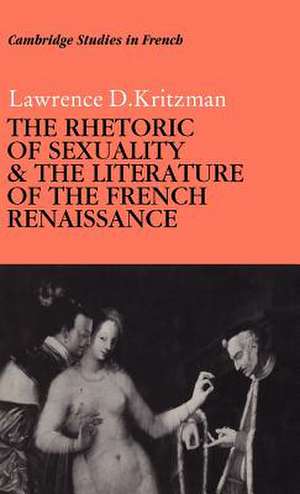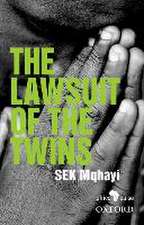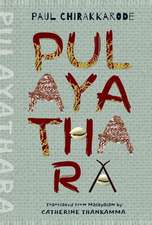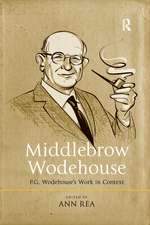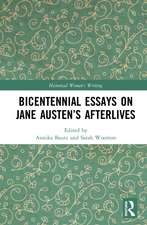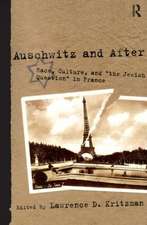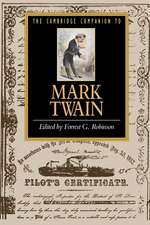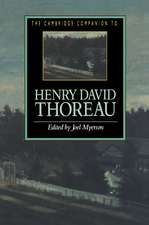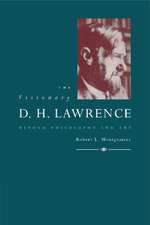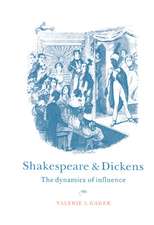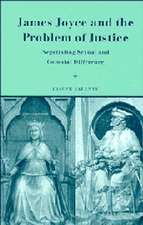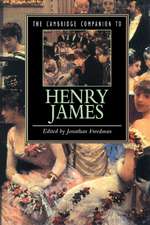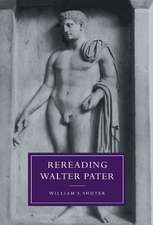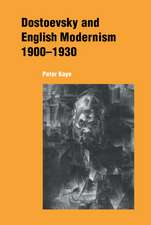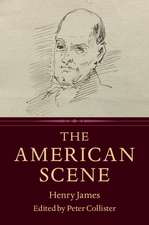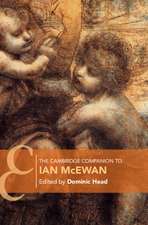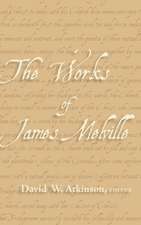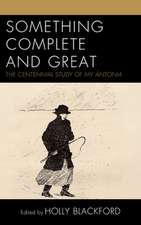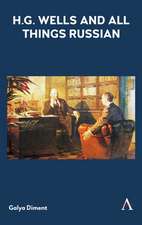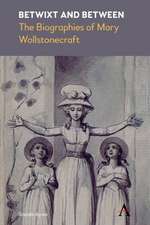The Rhetoric of Sexuality and the Literature of the French Renaissance: Cambridge Studies in French, cartea 33
Autor Lawrence D. Kritzmanen Limba Engleză Hardback – 27 mar 1991
Din seria Cambridge Studies in French
-
 Preț: 206.14 lei
Preț: 206.14 lei -
 Preț: 349.80 lei
Preț: 349.80 lei -
 Preț: 281.67 lei
Preț: 281.67 lei -
 Preț: 360.05 lei
Preț: 360.05 lei -
 Preț: 319.02 lei
Preț: 319.02 lei -
 Preț: 287.39 lei
Preț: 287.39 lei -
 Preț: 280.15 lei
Preț: 280.15 lei -
 Preț: 277.85 lei
Preț: 277.85 lei -
 Preț: 279.98 lei
Preț: 279.98 lei -
 Preț: 284.01 lei
Preț: 284.01 lei -
 Preț: 244.63 lei
Preț: 244.63 lei -
 Preț: 281.88 lei
Preț: 281.88 lei -
 Preț: 284.01 lei
Preț: 284.01 lei -
 Preț: 296.56 lei
Preț: 296.56 lei -
 Preț: 280.91 lei
Preț: 280.91 lei -
 Preț: 281.88 lei
Preț: 281.88 lei -
 Preț: 412.05 lei
Preț: 412.05 lei -
 Preț: 282.65 lei
Preț: 282.65 lei -
 Preț: 391.41 lei
Preț: 391.41 lei -
 Preț: 279.76 lei
Preț: 279.76 lei -
 Preț: 328.18 lei
Preț: 328.18 lei -
 Preț: 319.61 lei
Preț: 319.61 lei -
 Preț: 377.72 lei
Preț: 377.72 lei -
 Preț: 279.00 lei
Preț: 279.00 lei -
 Preț: 280.91 lei
Preț: 280.91 lei -
 Preț: 288.92 lei
Preț: 288.92 lei -
 Preț: 288.76 lei
Preț: 288.76 lei -
 Preț: 356.95 lei
Preț: 356.95 lei -
 Preț: 287.19 lei
Preț: 287.19 lei -
 Preț: 283.79 lei
Preț: 283.79 lei -
 Preț: 289.78 lei
Preț: 289.78 lei -
 Preț: 283.41 lei
Preț: 283.41 lei -
 Preț: 283.41 lei
Preț: 283.41 lei -
 Preț: 292.02 lei
Preț: 292.02 lei -
 Preț: 319.40 lei
Preț: 319.40 lei -
 Preț: 356.95 lei
Preț: 356.95 lei
Preț: 693.36 lei
Preț vechi: 779.06 lei
-11% Nou
Puncte Express: 1040
Preț estimativ în valută:
132.67€ • 138.52$ • 109.80£
132.67€ • 138.52$ • 109.80£
Carte tipărită la comandă
Livrare economică 05-19 aprilie
Preluare comenzi: 021 569.72.76
Specificații
ISBN-13: 9780521356244
ISBN-10: 0521356245
Pagini: 278
Dimensiuni: 140 x 216 x 19 mm
Greutate: 0.5 kg
Ediția:New.
Editura: Cambridge University Press
Colecția Cambridge University Press
Seria Cambridge Studies in French
Locul publicării:Cambridge, United Kingdom
ISBN-10: 0521356245
Pagini: 278
Dimensiuni: 140 x 216 x 19 mm
Greutate: 0.5 kg
Ediția:New.
Editura: Cambridge University Press
Colecția Cambridge University Press
Seria Cambridge Studies in French
Locul publicării:Cambridge, United Kingdom
Cuprins
Preface; Introduction; Part I. Phetorics of Gender: 1. Pernette du Guillet and a voice of one's own; 2. Rabelais and the representation of male subjectivity: the Rondibilis episode as case study; 3. Verba erotica: Marguerite de Navarre and the rhetoric of silence; 4. Pedagogical graffiti and the rhetoric of conceit; 5. Montaigne's family romance; Part II. Figures of the Body: A. Disfiguring the Feminine: 6. Architecture of the Utopian body: the blasons of Marot and Ronsard; 7. Fictions of the body and the gender of the text in Ronsard's 1552 Amours; B. The text as body: 8. My body, my text: Montaigne and the rhetoric of self-portraiture; Part III. Allegories of Repression: 9. Maurice Scève: the rhetoric of dream and the language of love; 10. Sexuality and the political unconscious in Rabelais' Quatre Livre: three case studies: A. Pro-logos: excess and the golden mean; B. Rabelais' comedy of cruelty: the chicanous episode; C. Rabelais in Papimania: power and the rule of law; Bibliography of works cited.
Recenzii
"Kritzman's writing blends psychoanalytical models of our time with the rhetoric of the Renaissance...the study affords rich speculation on the affinities of eros and literary creation." Journal of the History of Sexuality
"...an original, erudite, but scandalous vision of European Culture....gives new depth to the transatlantic debate on the interpretation of culture." Julia Kristeva
"Hermeneutic rigor, admirably tempered by sensitive readings." Michael Riffaterre
"...full of exciting insights and sustained cogent arguments that will force scholars to rethink old assumptions about France's greatest writers of the Renaissance." Patrick Henry, Philosophy and Literature
"...the value of Kritzman's book lies in the dialogue it will generate as well as in the intrinsic merit of the essays themselves...." Alice Berry, Renaissance Quarterly
"...an original, erudite, but scandalous vision of European Culture....gives new depth to the transatlantic debate on the interpretation of culture." Julia Kristeva
"Hermeneutic rigor, admirably tempered by sensitive readings." Michael Riffaterre
"...full of exciting insights and sustained cogent arguments that will force scholars to rethink old assumptions about France's greatest writers of the Renaissance." Patrick Henry, Philosophy and Literature
"...the value of Kritzman's book lies in the dialogue it will generate as well as in the intrinsic merit of the essays themselves...." Alice Berry, Renaissance Quarterly
Descriere
This 1991 book examines the relationship between psychoanalytic theory and the literature of the French Renaissance.
